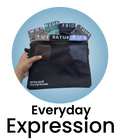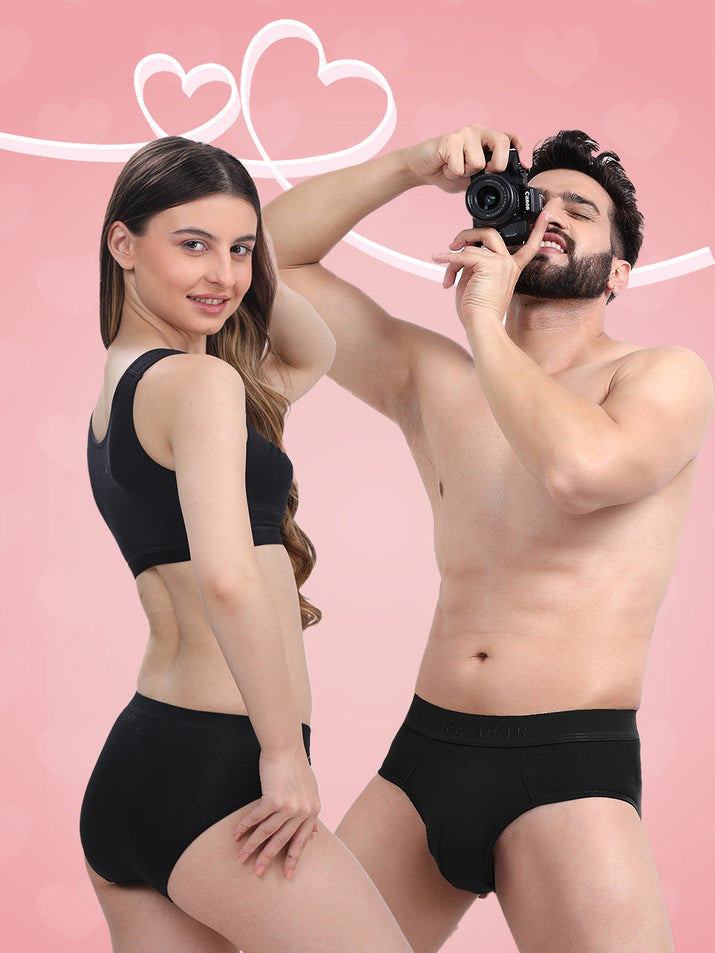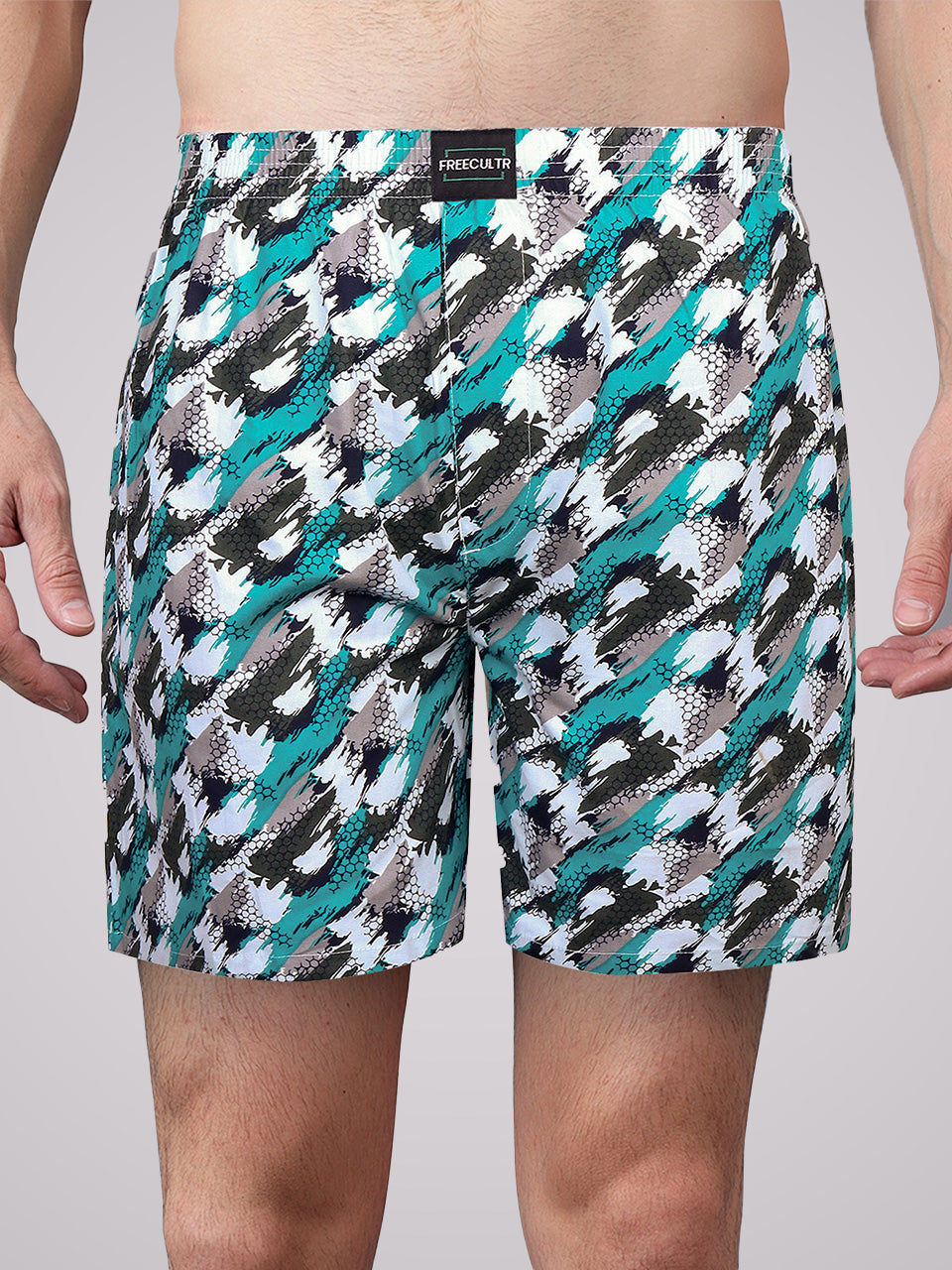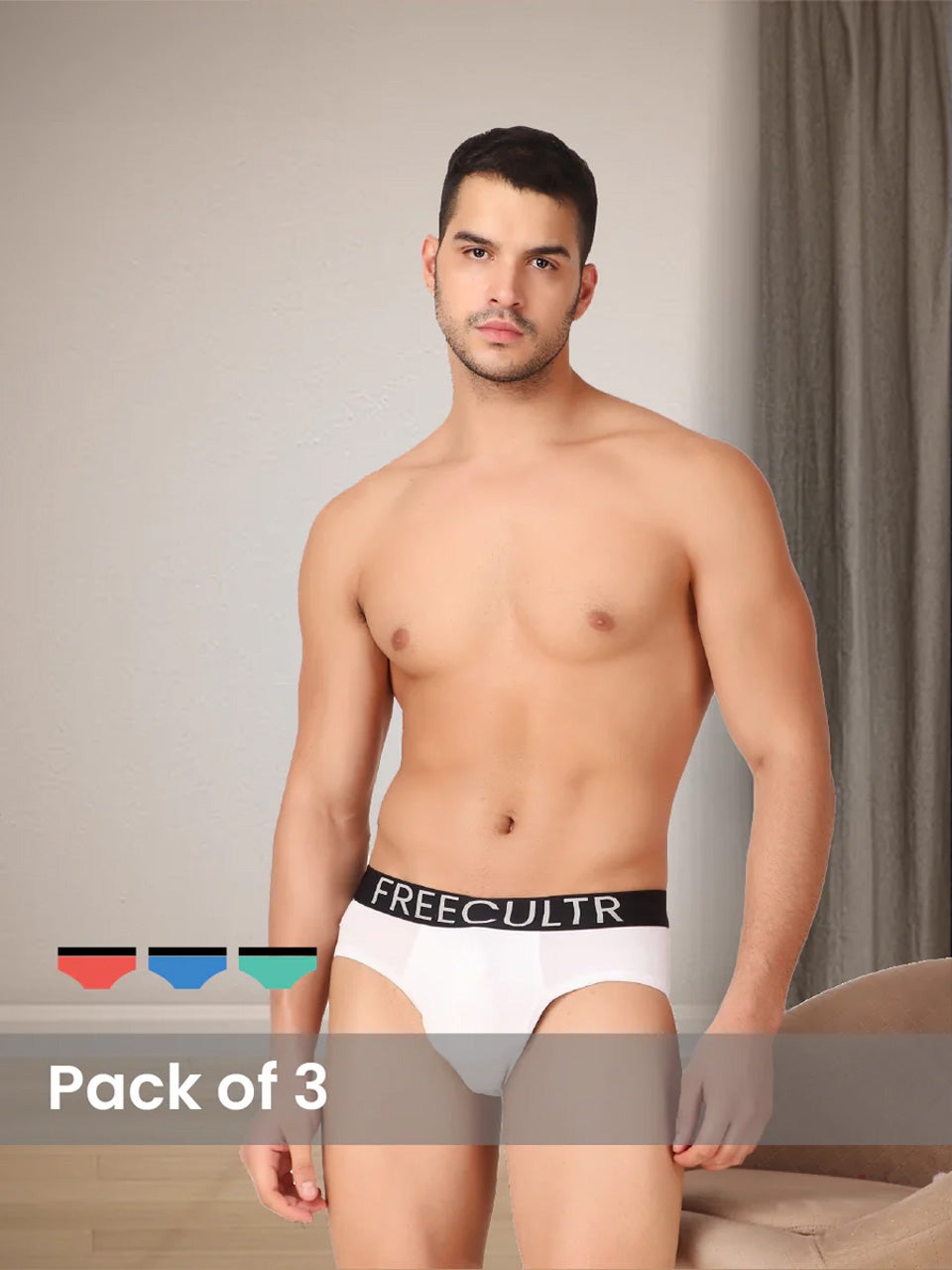The fashion industry faces mounting pressure to reconcile style with sustainability, a challenge Freecultr tackles head-on. Fast fashion's environmental impact, from textile waste to carbon emissions, demands innovative solutions. Freecultr distinguishes itself by embedding sustainable practices into its core mission, focusing on eco-friendly materials and ethical production. We will explore how they navigate this complex landscape, balancing trendy designs with a commitment to reducing their ecological footprint. Discover Freecultr's unique strategies, from utilizing recycled fabrics to implementing circular economy models. Assess their impact on both environmental responsibility and consumer appeal. Their journey highlights the potential for a future where fashion is both desirable and sustainable.

Defining Sustainable Fashion: More Than Just a Trend
Sustainable fashion is often tossed around as a buzzword. It represents a profound shift in how we think about clothing production and consumption. It encompasses a wide range of practices and principles aimed at minimizing the environmental and social impact of the fashion industry. This includes:
- Eco-friendly materials: Utilizing organic cotton, recycled fabrics, innovative materials like Tencel (made from wood pulp). Plant-based dyes.
- Ethical production: Ensuring fair wages, safe working conditions. Respect for human rights throughout the supply chain.
- Reducing waste: Implementing strategies to minimize textile waste, such as using pattern cutting techniques that reduce fabric scraps, upcycling discarded materials. Promoting circular economy models.
- Lowering environmental impact: Reducing water and energy consumption, minimizing carbon emissions. Eliminating the use of harmful chemicals in production processes.
Essentially, sustainable fashion asks us to consider the entire lifecycle of a garment, from the raw materials used to its eventual disposal. To make choices that are kinder to the planet and its people.
The Freecultr Philosophy: Conscious Creation
Freecultr is deeply rooted in the principles of sustainability. We believe that fashion should not come at the cost of our planet or the well-being of garment workers. Our mission is to create stylish, high-quality clothing that is both ethically produced and environmentally responsible. This commitment permeates every aspect of our business, from the sourcing of materials to the design and manufacturing processes.
We are dedicated to transparency and traceability, ensuring that our customers can trust the origin and impact of their clothing. We partner with suppliers who share our values and adhere to strict environmental and ethical standards. Our commitment to sustainability extends beyond just the materials we use; it's about fostering a culture of responsible consumption and encouraging customers to make informed choices.
Materials Matter: Choosing the Right Fabrics
One of the most crucial aspects of sustainable fashion is the selection of materials. Traditional textile production often relies on resource-intensive processes and harmful chemicals. Freecultr prioritizes eco-friendly alternatives that minimize environmental impact. Here's a look at some of the materials we use:
- Organic Cotton: Grown without the use of synthetic pesticides or fertilizers, organic cotton reduces water pollution and protects biodiversity.
- Recycled Fabrics: Utilizing recycled polyester (rPET) made from plastic bottles and recycled cotton reduces landfill waste and conserves resources.
- Tencel (Lyocell): A sustainable fiber made from sustainably sourced wood pulp, Tencel is known for its softness, breathability. Low environmental impact.
- Innovative Plant-Based Dyes: We are exploring and implementing natural dyes derived from plants, reducing the reliance on synthetic dyes that can pollute waterways.
By carefully selecting these materials, Freecultr minimizes its environmental footprint and creates clothing that is both durable and gentle on the planet. The brand ensures that you experience Fashion and Comfort hand in hand, with its products.
Ethical Production: Respecting People and Planet
Sustainable fashion is not just about the environment; it's also about the people who make our clothes. Freecultr is committed to ethical production practices that ensure fair wages, safe working conditions. Respect for human rights throughout our supply chain. We partner with factories that:
- Provide fair wages and benefits: Ensuring that garment workers are paid a living wage and have access to healthcare and other benefits.
- Maintain safe working conditions: Prioritizing worker safety and providing a healthy and comfortable work environment.
- Uphold human rights: Respecting the rights of all workers and prohibiting child labor, forced labor. Discrimination.
We believe that transparency is key to ensuring ethical production. We regularly audit our factories and work closely with our suppliers to ensure that they meet our strict standards. By prioritizing ethical production, Freecultr aims to create a more just and equitable fashion industry.
Reducing Waste: Embracing Circularity
The fashion industry is a major contributor to waste, with millions of tons of textiles ending up in landfills each year. Freecultr is committed to reducing waste throughout our operations and promoting circular economy models. This includes:
- Optimized Pattern Cutting: Utilizing pattern cutting techniques that minimize fabric scraps during production.
- Upcycling and Recycling: Exploring opportunities to upcycle discarded materials and recycle textile waste into new products.
- Durable Designs: Creating clothing that is designed to last, reducing the need for frequent replacements.
- Promoting Circularity: Encouraging customers to recycle or donate their unwanted clothing and exploring take-back programs.
By embracing circularity, Freecultr aims to reduce waste, conserve resources. Create a more sustainable fashion system.
Comparing Sustainable Materials: Organic Cotton vs. Recycled Polyester
| Material | Pros | Cons |
|---|---|---|
| Organic Cotton | Grown without pesticides, biodegradable, soft and breathable. | Requires significant water, can be more expensive than conventional cotton. |
| Recycled Polyester (rPET) | Reduces plastic waste, less energy-intensive than virgin polyester, durable. | Can shed microplastics during washing, not biodegradable. |
This table highlights the trade-offs involved in choosing sustainable materials. While organic cotton offers natural comfort, recycled polyester helps address plastic waste. Freecultr carefully considers these factors when selecting materials for our collections to balance environmental impact and product performance.
Real-World Applications: Freecultr's Sustainable Practices in Action
To illustrate our commitment to sustainability, here are a few real-world examples of how Freecultr is putting our principles into practice:
- Organic Cotton T-Shirts: Our best-selling t-shirts are made from 100% organic cotton, ensuring a soft, comfortable. Environmentally friendly product.
- Recycled Polyester Activewear: Our activewear collection incorporates recycled polyester made from plastic bottles, reducing landfill waste and conserving resources.
- Sustainable Denim: We are exploring innovative denim production techniques that reduce water consumption and eliminate the use of harmful chemicals.
These examples demonstrate our commitment to creating stylish and sustainable clothing that meets the needs of our customers while minimizing our environmental impact. Freecultr strives to provide Fashion and Comfort without compromise.
Conclusion
Freecultr's journey demonstrates that sustainability and style aren't mutually exclusive. They've proven that mindful manufacturing and conscious design can create desirable products, resonating particularly with Gen Z, as evidenced by their growing customer base. The road ahead involves scaling responsibly, a challenge many sustainable brands face. My prediction? We'll see Freecultr pioneering innovative textile recycling programs and further collaborations with ethical designers. The next step for aspiring sustainable brands? Start small. Focus on transparency in your supply chain, even if it means higher initial costs. Personally, I’ve found that communicating the “why” behind your choices resonates deeply with consumers. Ultimately, Freecultr's success inspires us to believe that a stylish and sustainable future is not just possible. Inevitable. Let's create it! You can also read more about sustainable fashion trends here.More Articles
Jockey, Damensch, XYXX? Here’s Why Gen Z is Switching to FreecultureComfort Meets Culture: How Freeculture Redefines Basics Better Than Competitors
Soft, Sustainable. Stylish: Freeculture’s Edge Over Traditional Brands
What Makes Freeculture More Than Just Another Clothing Brand
FAQs
So, what's the big deal with Freecultr and sustainability? What are they actually trying to do?
Essentially, Freecultr's on a mission to prove that sustainable fashion doesn't have to be boring or super expensive. They're aiming to create stylish, high-quality clothes that are also kind to the planet. Think classic designs with a modern twist, all made with eco-friendly materials and ethical practices. It's about making responsible choices accessible and desirable!
Okay, 'sustainable' sounds great. How exactly is Freecultr being sustainable? What materials are they using?
Great question! They're focusing on using materials like organic cotton, recycled fabrics. Innovative plant-based alternatives whenever possible. This reduces their reliance on harmful chemicals and minimizes waste. They're also constantly exploring new and improved sustainable options, so you can be sure they're staying ahead of the curve.
What about the people who make the clothes? Is Freecultr treating its workers fairly?
Absolutely! Freecultr is committed to ethical production. That means ensuring fair wages, safe working conditions. Respect for the rights of everyone involved in their supply chain. They believe in transparency and accountability, so you can feel good knowing your clothes weren't made at the expense of someone else.
Freecultr sounds good. Will these sustainable clothes actually last, or will they fall apart after a few washes?
That's a valid concern! Freecultr is all about quality. They're designing clothes to be durable and long-lasting, so you can wear them for years to come. It's about investing in pieces you love that will stand the test of time, which is actually more sustainable in the long run.
I'm interested! How can I be sure that Freecultr is actually sticking to its sustainability promises?
Trust is crucial! Freecultr is working to be more transparent about their supply chain and production processes. While details might be available on their website (be sure to check!) , they're aiming to share as much details as possible so you can be confident in your purchase. Look for certifications and any reported impact data – it's a good sign!
Is Freecultr just for a certain type of person? I'm not sure if their style is for me.
Not at all! Freecultr aims to offer a range of styles to appeal to different tastes. They focus on classic, versatile pieces that can be easily incorporated into your existing wardrobe. The idea is to make sustainable style accessible to everyone, regardless of their personal aesthetic.
Okay, I'm sold! How can I get my hands on some Freecultr goodies?
The best way is to check out their website or look for retailers that carry Freecultr. They often have new collections and collaborations, so it's worth keeping an eye out for fresh styles and promotions. Happy shopping!






